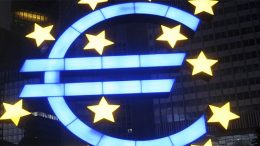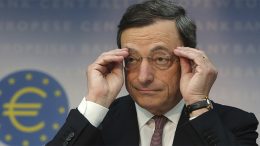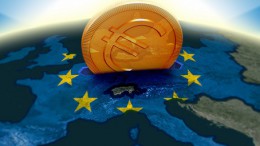The vicious circle of inflation: is it now time for monetary policy normalisation?
J. L. M. Campuzano (Spanish Banking Association) | Stable inflation centred around levels of 2.0%…A scenario dominated by rising inflation is as complicated as one where deflation and potential low economic growth can create a vicious circle difficult to exit. Especially in a context of high indebtedness.










